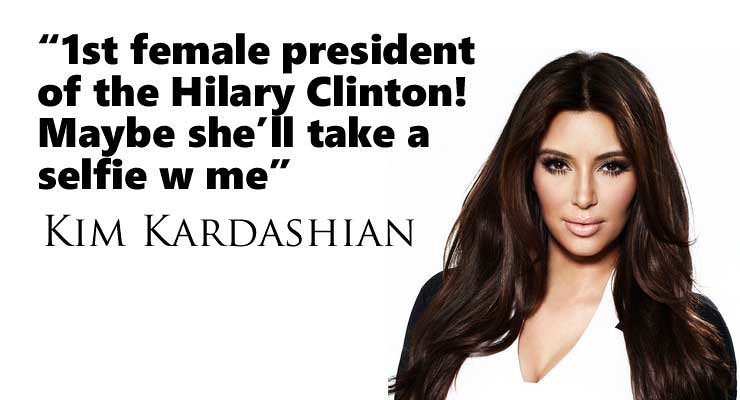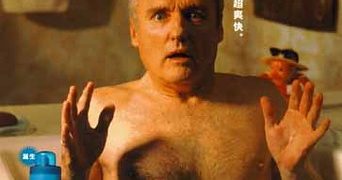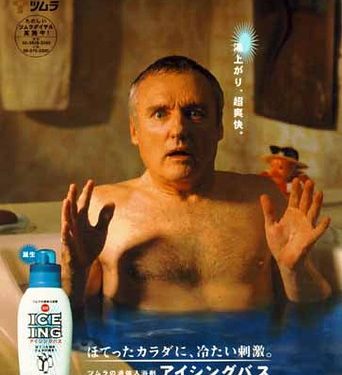Imagine walking down a grocery aisle, your eyes landing on a box of cereal endorsed by your favorite basketball star. For a moment you hesitate, your heart subtly influenced by the idea of starting your day just like your idol does. Or perhaps you are shopping for a perfume, and you come across a signature fragrance promoted by a popular actress. The allure of smelling just like her might just sway your decision. This phenomenon, where the star power of celebrities influences your buying habits, has been intriguing marketers and consumers alike for decades. Welcome to the whirlwind world of celebrity endorsements and their riveting impact on consumer behavior. This fascinating dance between fame and choice, persona and product, obsession and consumption, is what we will explore the length and breadth of in this article. So, get ready to dive deep into the captivating interplay of sparkles, sales, and psychology.
Marketers have long utilized the mystique and appeal of celebrities to sway consumer habits. In the spotlight and in advertisements, these larger-than-life figures don’t merely suggest or promote — they document a lifestyle, set trends, and inevitably influence their followers’ buying decisions. Celebrity endorsements serve not only as a powerful marketing tool but also a psychological tactic. They leverage the psychological phenomena of social comparison, aspiration, and association, persuading consumers that owning a particular product can bring them closer to the lifestyle of their admired idols.
Examining the scenario under a microscope, let’s consider some notable case studies. For instance, Michael Jordan’s tie-up with Nike has not only elevated the brand’s status but significantly influenced consumer behavior towards athletic wear. Then there’s the intense surge in sales of Longchamp bags following Kate Moss’s endorsement. And recall the massive following MAC cosmetics gained from collaborating with Rihanna.
- Michael Jordan and Nike: This partnership reshaped the perception of athletic gear, moving it from just functional to high fashion.
- Kate Moss and Longchamp: Upmarket and aspirational, Moss’s endorsement magnified Longchamp’s niche appeal into a mass-market trend.
- Rihanna and MAC Cosmetics: Reinforcing the need for diversity in beauty products, this collaboration drew in a whole new demographic of MAC consumers.
Taking cues from these examples, businesses looking to incorporate celebrity endorsements should select a celebrity who resonates with their brand image and target audience. This can foster a sense of authenticity and meaningfulness with consumers, ultimately swaying their buying behaviors in favor of the endorsed brand.
As we pull the curtains on our exploration of the universe of celebrity endorsements and their influence on consumer behavior, we acknowledge that we have been navigating through a star-studded galaxy of charisma, persuasion, and influence. These endorsements, much like the northern star in the night sky, guide millions of consumers in their buying decisions.
True, a simple signature from a star can turn an everyday product into a coveted treasure. Yet, the dynamics go deeper than the surface sparkle and glamour. They unravel layers of trust, relatability, aspiration and deeper connections that consumers form with these star figures. Brands and celebrities: a tango that twirls the wheels of consumer psychology, leaving a profound impact on market trends and product popularity.
Yet, it is equally essential to remember the impermanence of stars both in the night sky and in the celebrity cosmos. A wrong move can plummet the product into the abyss of public disdain, faster than it had shot up to stardom. Nonetheless, in the grand ball of marketing, the dance of celebrity endorsements and consumer behavior continues to dazzle. Always evolving, always intriguing… and forever keeping the cash registers ringing.



















